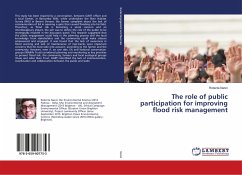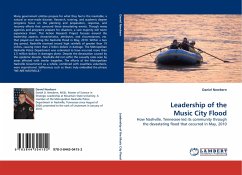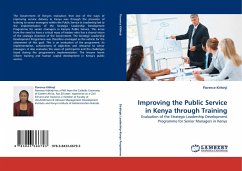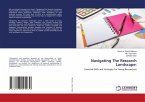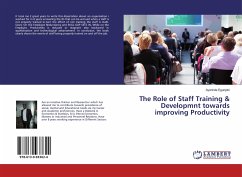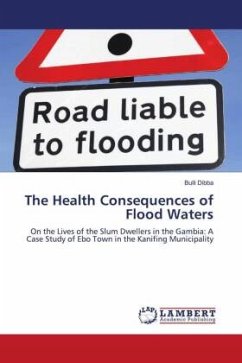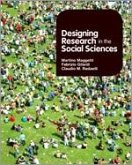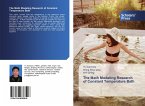This study has been inspired by a conversation, between OART officer and a local farmer, in Barcombe Mills, while undertaken the River Habitat Survey (RHS) in Bevern Stream; the farmer complaint about the lack of communication of EA in opening a gate that caused flooding into his field. Therefore, as flood risk is becoming a social concern and an interdisciplinary impact, the aim was to define the role of the public to be strategically involved in the discussion panel. This research suggested that the public engagement could help in the planning process and the local knowledge from stakeholders and the community could make citizens empowered and engaged. It was found that the lack of awareness in flood warning and lack of maintenance of river-banks were important concerns that EA must take into account, according to the farmer and the community. However, even if, on one side, EA and National conservation groups (Wildlife Trust) considered planning and monitoring as key prioritiesto prevent flood risk, the community, farmers and local ecological groups (Ouse and Adur River Trust, OART) identified the lack of communication, coordination and collaboration between the public and stake
Bitte wählen Sie Ihr Anliegen aus.
Rechnungen
Retourenschein anfordern
Bestellstatus
Storno

